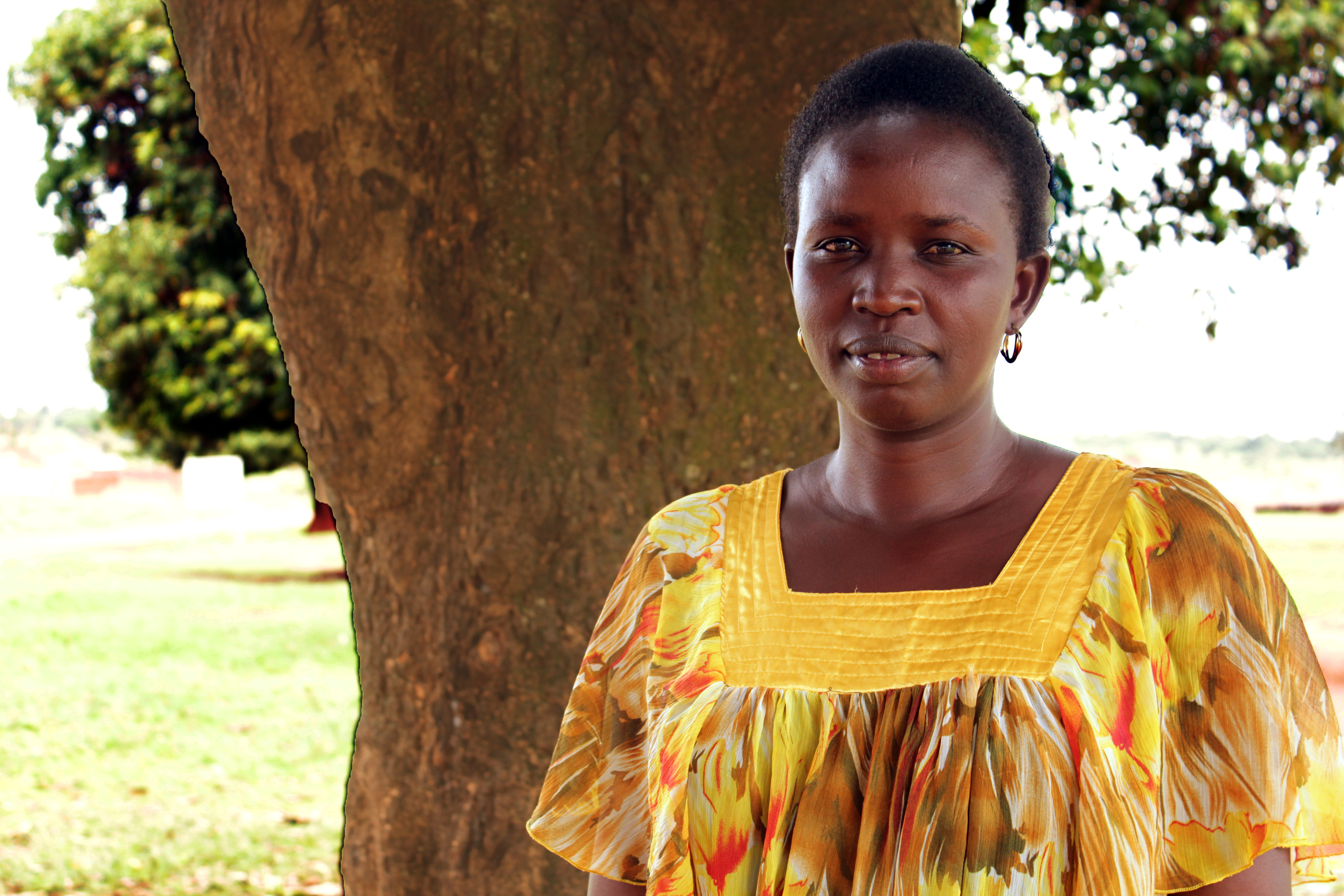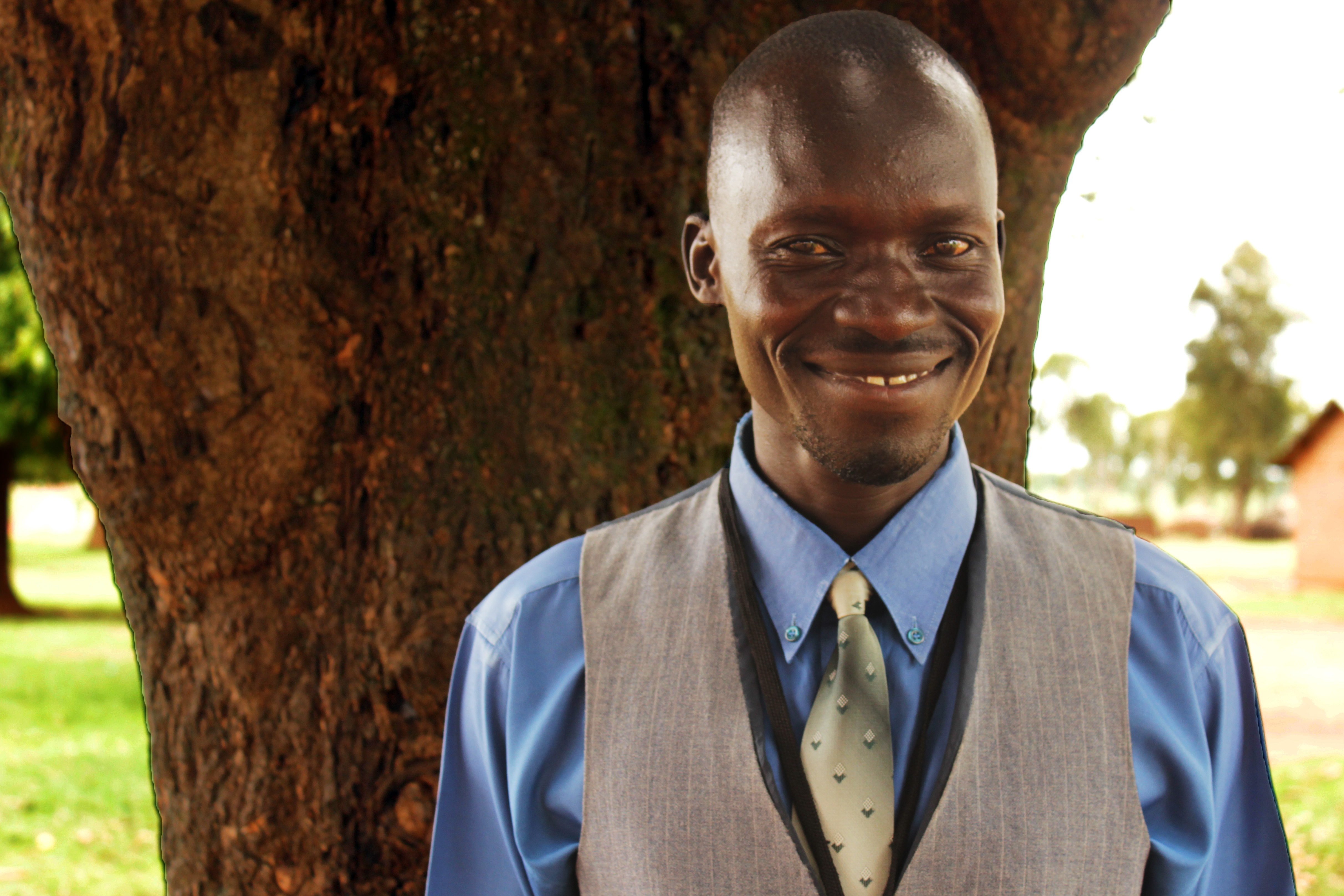As a mentor in ICU’s Pader office, Joy Oyado meets regularly with LSP students and their families to discuss the student’s academic performance, health, social life and any issues related to what she calls the “proper nurturing and development of a given child.”
She recognizes the importance of building relationships between mentors, students and their families.
When she became a mentor with the Legacy Scholarship Program in 2011, Joy followed her dream of working with youth.
“My dream has always been to work for vulnerable children and to see how they progress and nurture their future career.”
She also believes that working in ICU’s Pader office is important because it allows mentors to be closer to where the students they work with live and attend school. Thus, the mentorship team can support students and their families more efficiently.
“Having no office in Pader would mean IC activities have to be carried out right from Gulu. That would demand more time to be spent in the field because of long distances,” Jacob Okello, another LSP mentor, said.
Instead, mentors can spend less time traveling and focus on better supporting the students.
“Mentoring builds confidence in students, restores hope where it has been lost and guides them where they might have gone wrong,” Jacob, who also joined ICU as a mentor in 2011, said.
He remembers working at one school where students were performing poorly, but that they were able to improve significantly with the support of LSP mentors.
“With the strong encouragement, good advice and tips given by mentors, the students made remarkable improvements, such that they nearly doubled their performance,” he said.


Think people should hear about this?